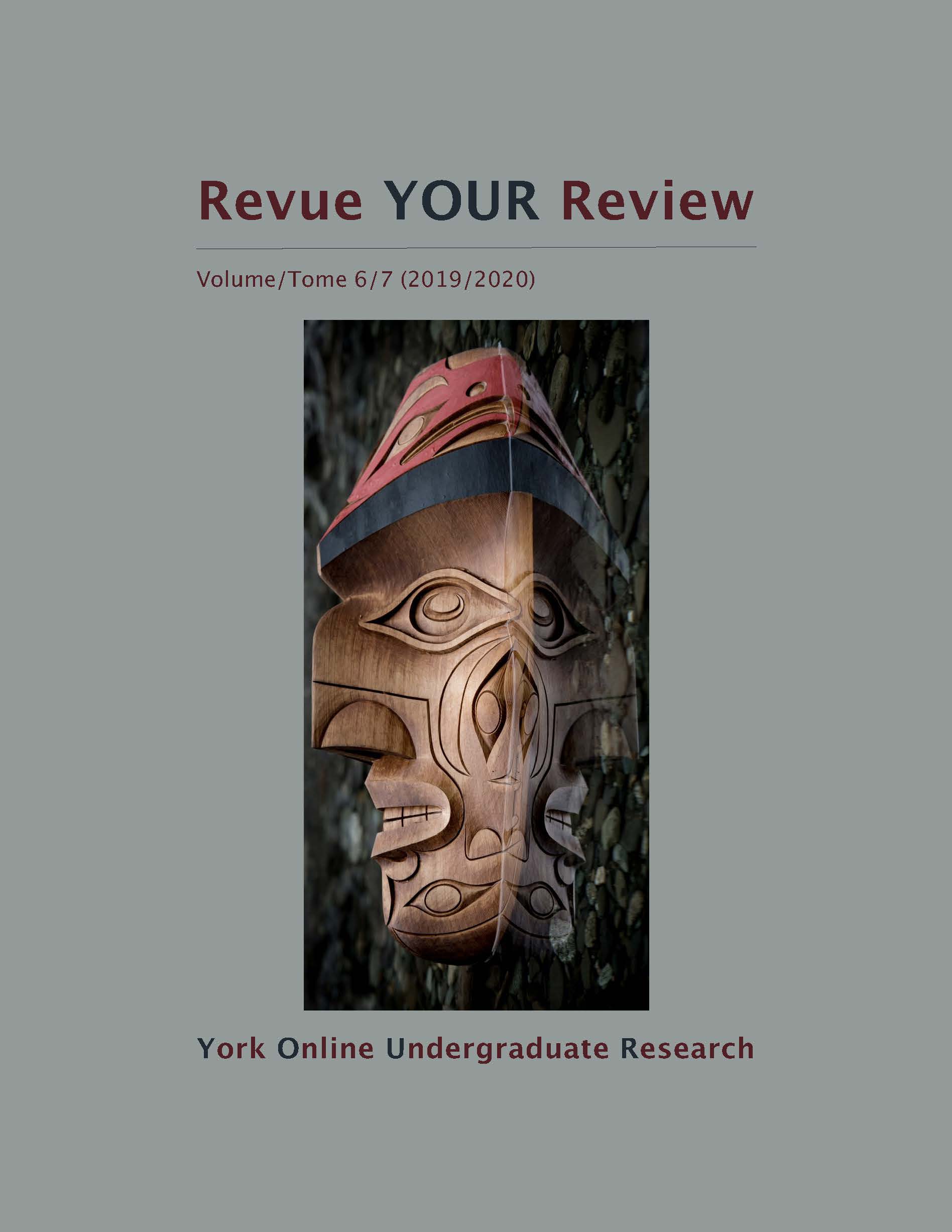How to Erase Shakespeare: The Troubling History of "Pericles"
Keywords:
Shakespeare, Pericles, English Renaissance, English literatureAbstract
Why do we know Shakespeare plays like Romeo and Juliet, but not Pericles? This article explores the reasons why the popular Shakespeare play Pericles was targeted and erased by editors throughout the 17th and 18th centuries. From marketing strategies to concern for Shakespeare’s reputation, I contend that the play was intentionally discarded by those who owned the copyright. This paper focuses on the tough and competitive printing market after Shakespeare’s death in 1616. I explore how Shakespeare’s business partners, Henry Condell and John Heminge, attempted to find literary success in 1623 by erasing what they thought was Shakespeare’s failure: Pericles.
Downloads
Published
How to Cite
Issue
Section
License
Copyright (c) 2020 Tyler Abbate

This work is licensed under a Creative Commons Attribution-NoDerivatives 4.0 International License.
Authors contributing to Revue YOUR Review agree to release their articles under one of three Creative Commons licenses: Creative Commons Attribution 4.0 International; Creative Commons Attribution-NonCommercial 4.0 International; or Creative Commons Attribution-NoDerivatives 4.0 International. All editorial content, posters, and abstracts on this site are licensed under Creative Commons Attribution-NoDerivatives 4.0 International. For further information about each license, see:
https://creativecommons.org/licenses/
In all cases, authors retain copyright of their work and grant the e-journal right of first publication. Authors are able to enter into other contractual arrangements for the non-exclusive distribution of the e-journal's published version of the article (e.g., post it to an institutional repository or publish it in a book or in another journal), with an acknowledgement of its initial publication in this e-journal.


